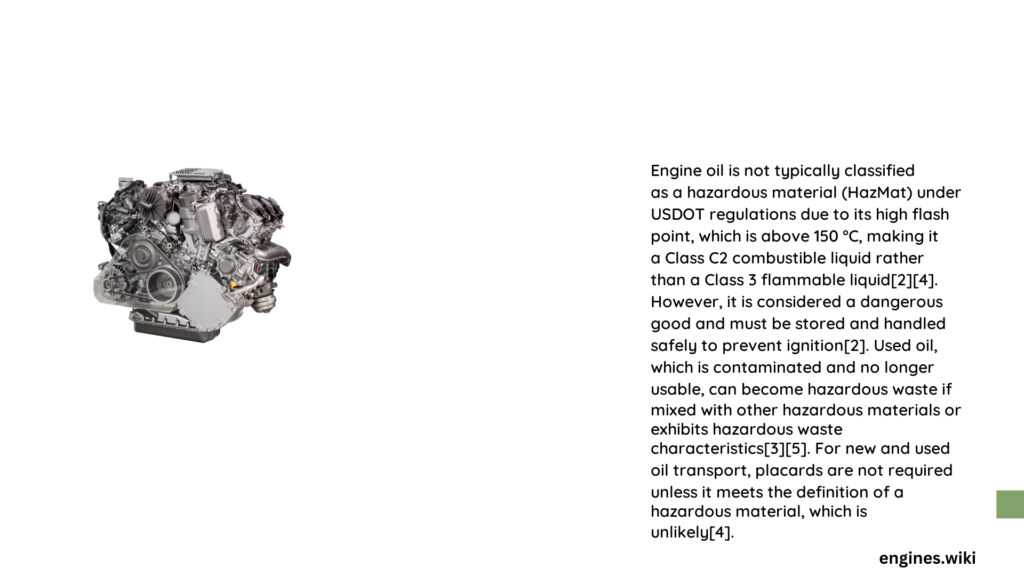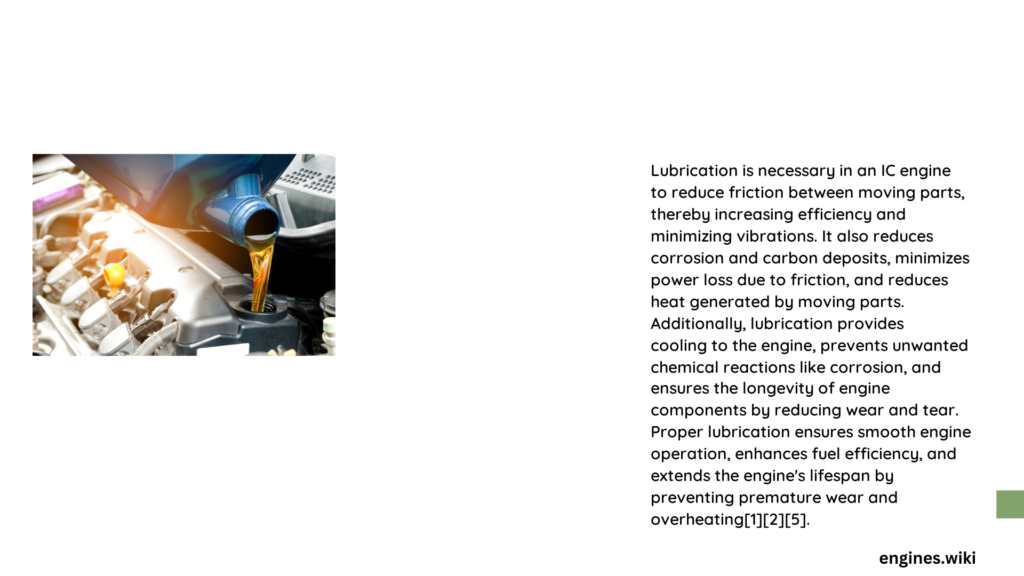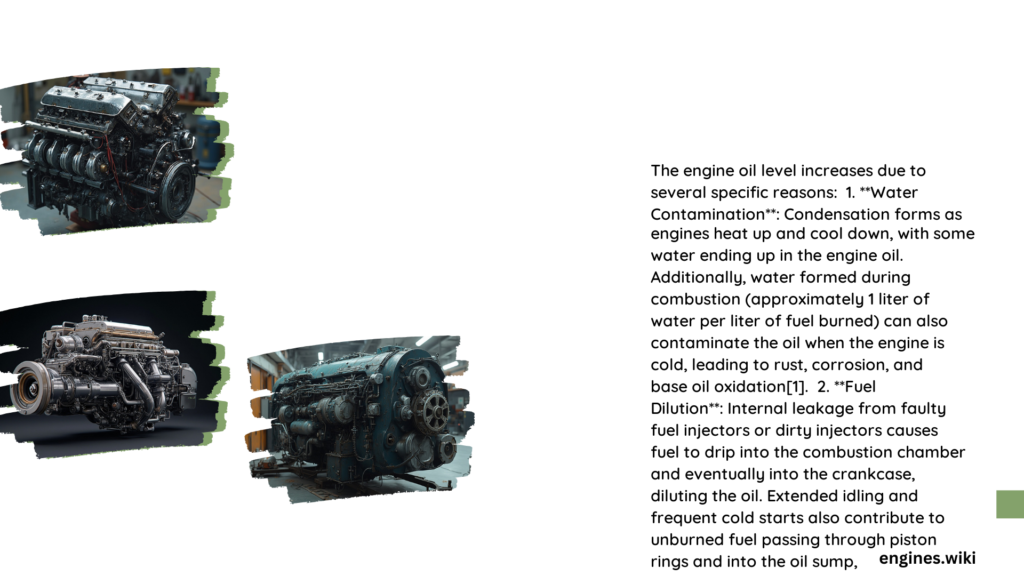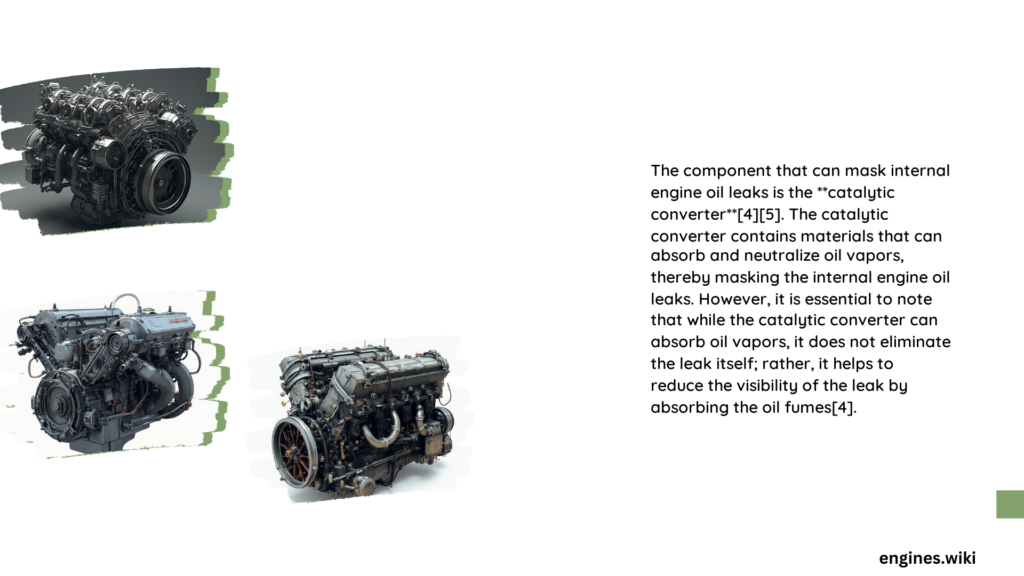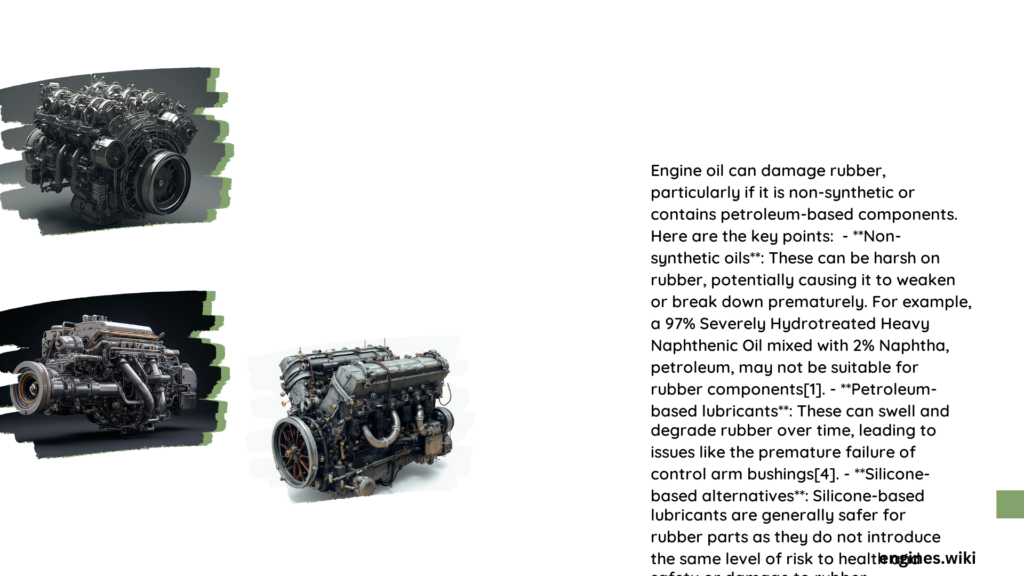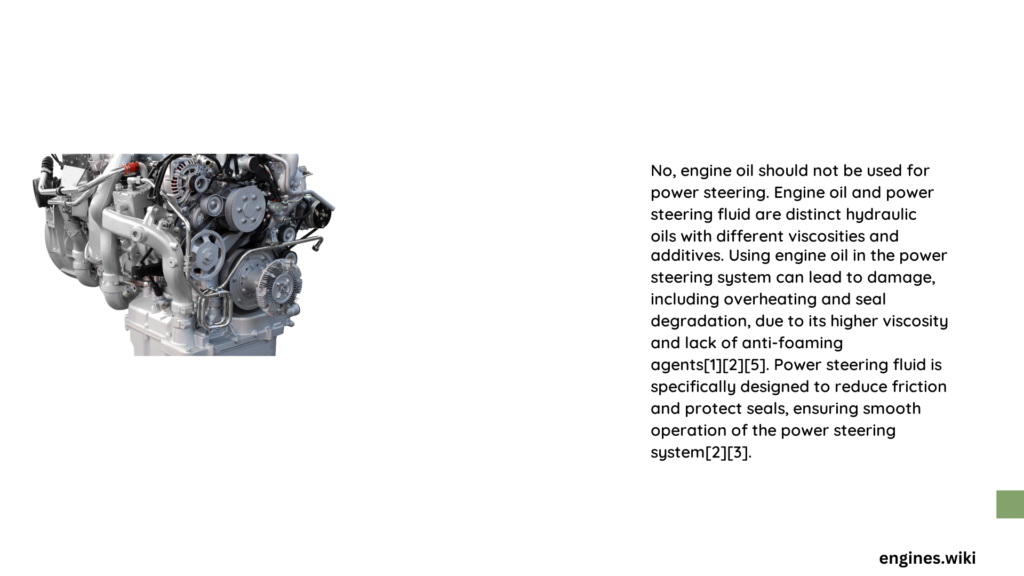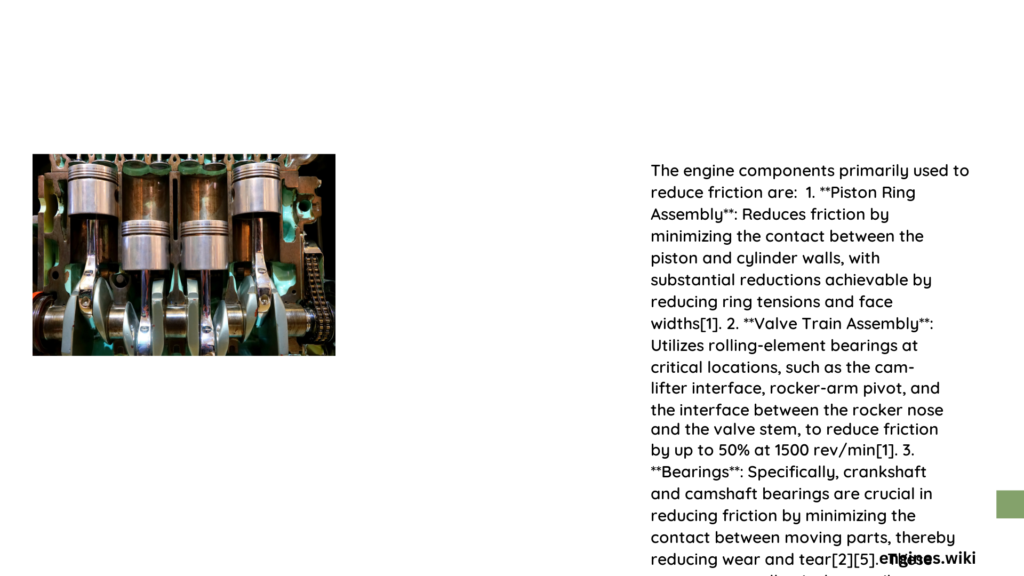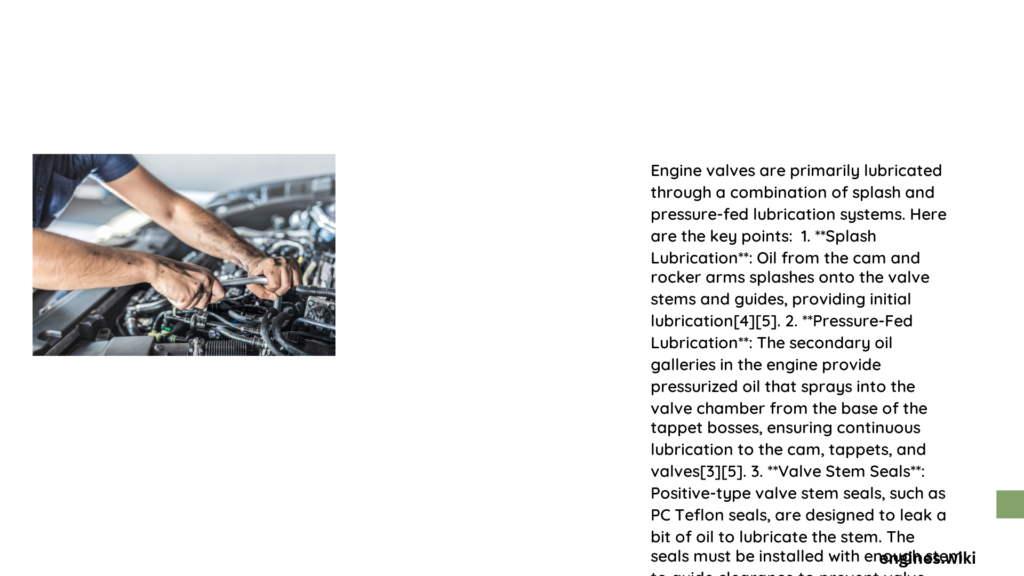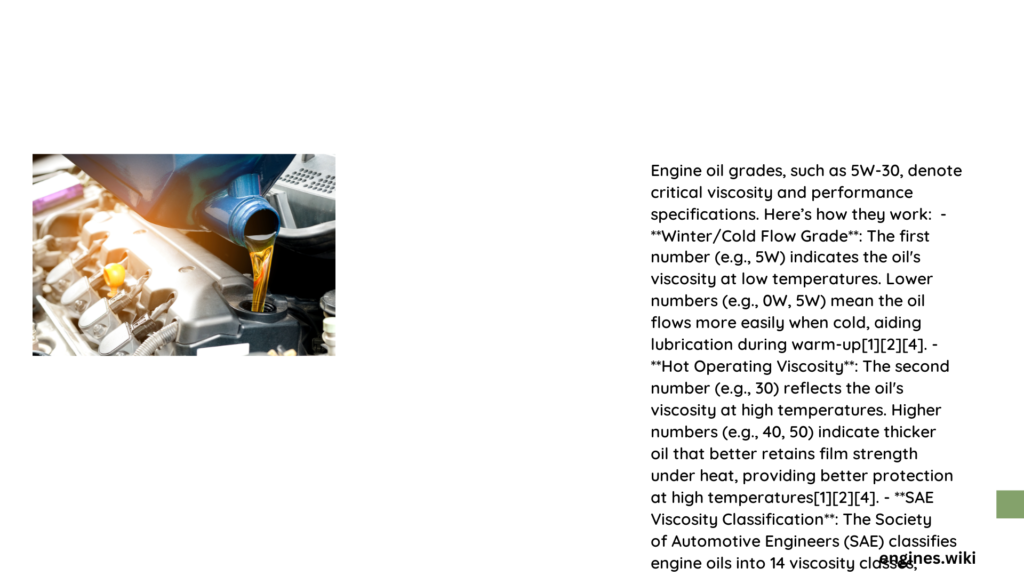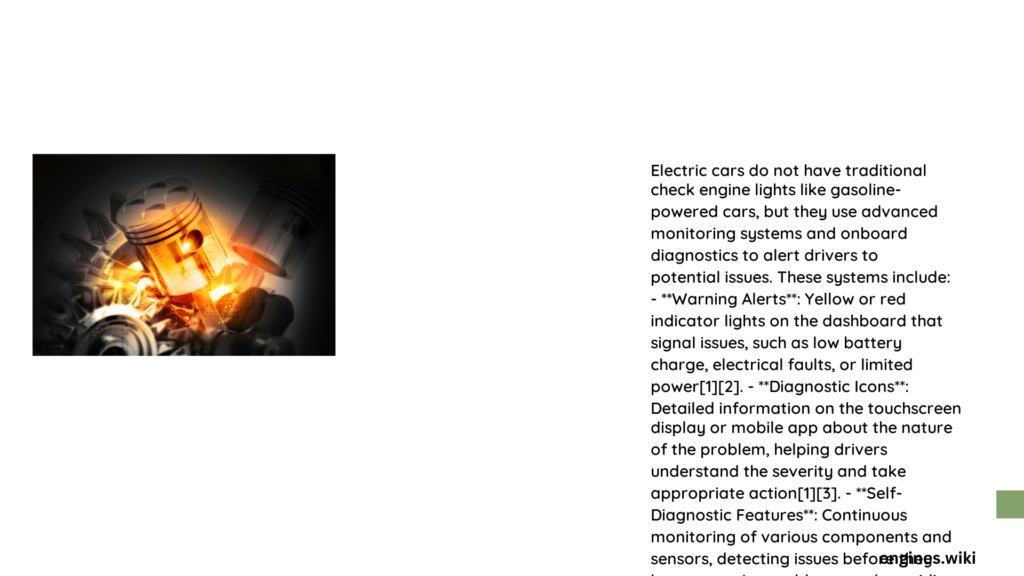Is Engine Oil Hazmat? Comprehensive Guide to Hazardous Material Classification
Engine oil occupies a complex regulatory space regarding hazardous material classification. While typically not considered a hazmat substance during standard transportation, specific conditions can transform its status. Understanding the nuanced regulations surrounding engine oil’s classification is crucial for automotive professionals, environmental compliance officers, and vehicle ...
Read more
